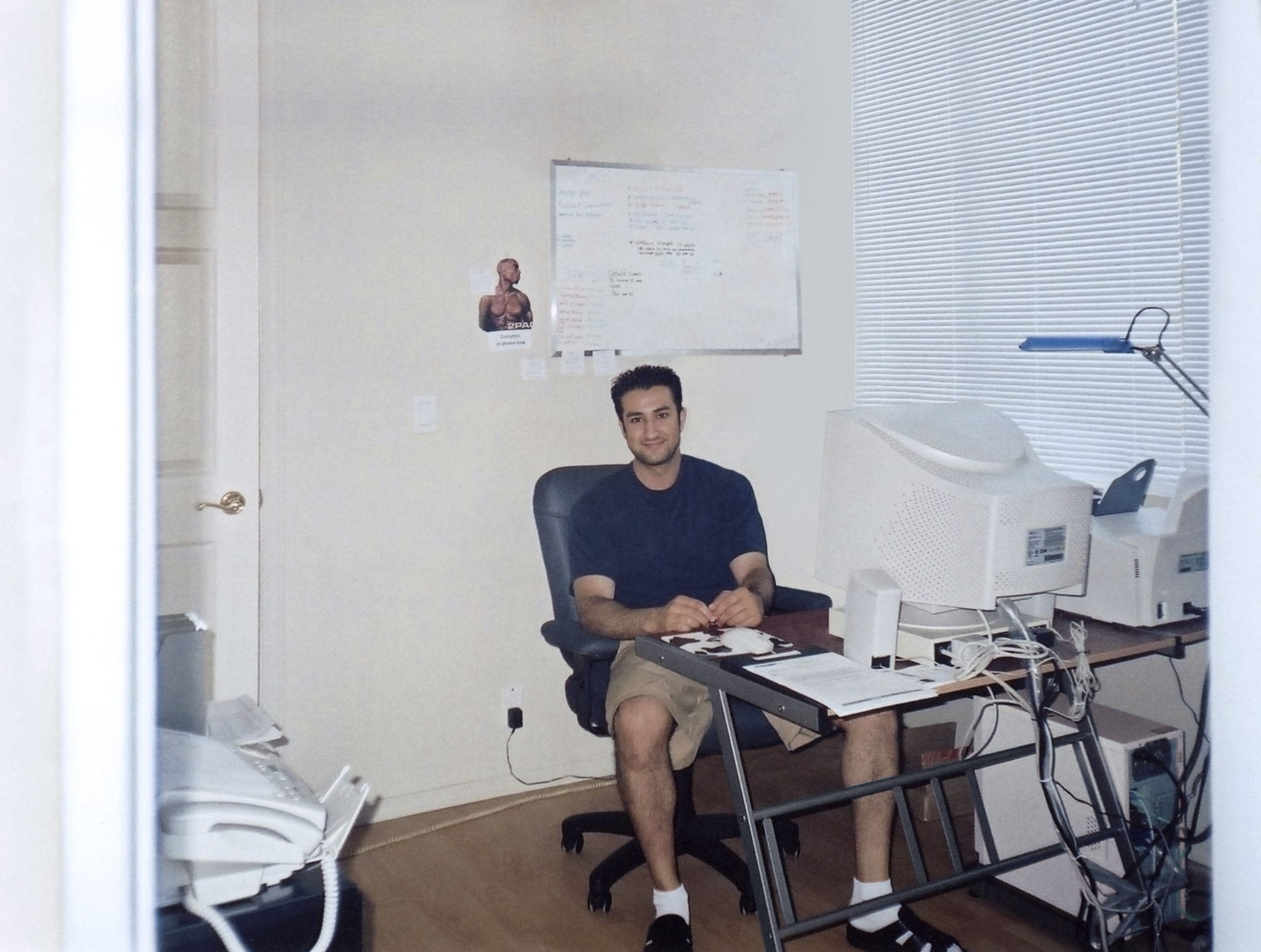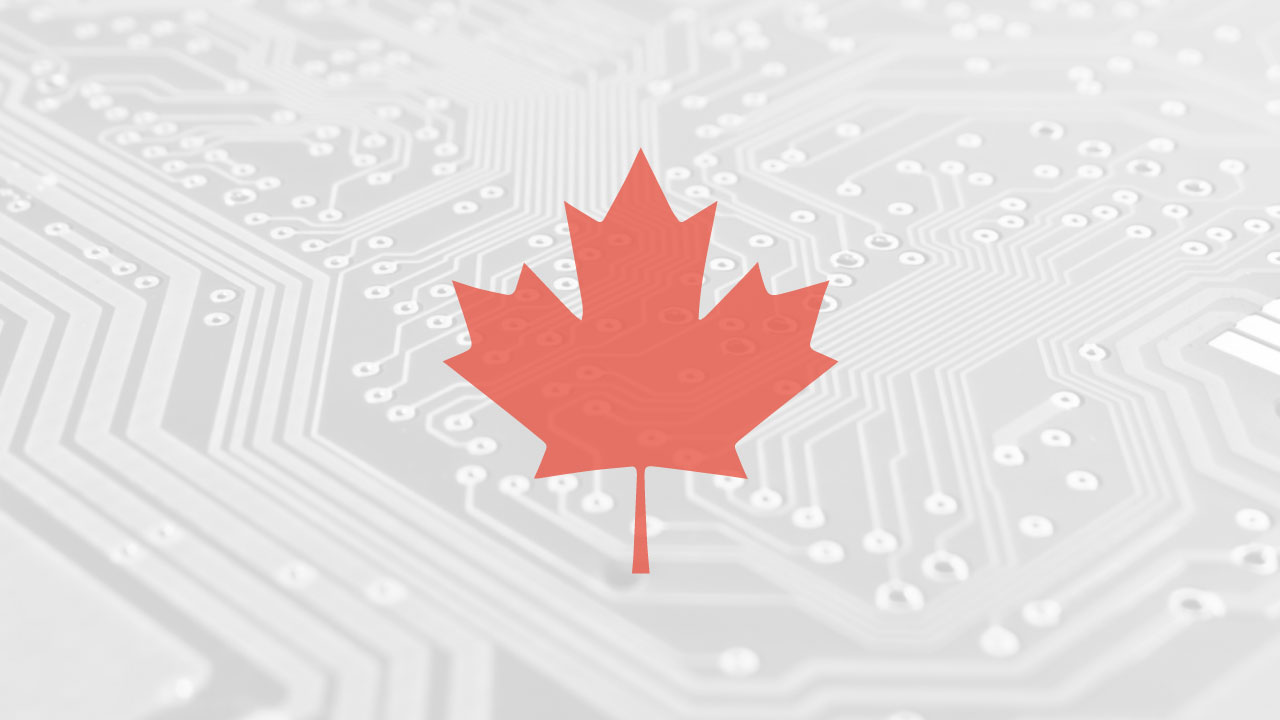Recruiters often come from a wide variety of backgrounds. They may have done several jobs in other fields entirely. Within these completely different fields, they do sometimes learn skills that apply to recruitment. The same way that students complain about having to learn about non-applicable subjects in high school, sometimes its the skills you build within those classes that can be beneficial in entirely different ways.
Before he was a recruiter, Tevin Garwe grew up and moved from Harare in Zimbabwe, Southern Africa, to Prince George, BC. In Prince George, he studied and worked as a Power Engineer. Look at his experiences in the interview below.
Interview
So before recruiting you grew up in Prince George?
Tevin: I moved to Prince George in 2014 from Zimbabwe, Southern Africa.
2014, so how old were you then?
Tevin: I believe I was 17 when I got to Prince George.
Were you pretty much done high school at that point?
Tevin: I had just finished high school in Zimbabwe, and then I came here. I was going to go into Mechatronics, Electrical Engineering, and then when I got to Prince George, the schools there, they didn’t have that. I ended up settling for power engineering.
Power Engineering is a part of Electrical Engineering? It’s sort of within Electrical Engineering?
Tevin: Well, not really. Certain aspects to it, depending on what you’re planning on doing with it, it touches a little bit on the electrical part of it, but it’s not electrical.
You settled for Power Engineering, but what initially made you want to do Mechatronics?
Tevin: The reason I wanted to do that, is I’ve always had a fascination with aviation. So, planes, and the fact that something that’s heavier than a house can fly. That’s why initially I wanted to become an Electrical Engineer. And then, I later found out that most people who are within that space, like if you’re an electrical engineer, you can diversify as to what you want to do. You could start working in aviation, then you can go and work on something else. I wanted to get into building planes and working on plane electronics and then getting in to working for NASA and electronics in rockets.
And did you focus on the skill sets in high school that were required for that? Were you super into math?
Tevin: I was super into math, but my mom wanted me to become a doctor, so the fight was always between me and my mom. I picked up Mathematics, Physics, Chemistry, I picked up certain subjects that would take me to that place, but my mom was totally against that, so she picked Biology and Chemistry. I had to take 13 subjects when I was in high school which is not the easiest thing to do. I had to make my mom happy and try and make myself happy at the same time.
After post-secondary where you studied power engineering, did you work as a power engineer for a little bit?
Tevin: Yeah, so when I was in school, I worked for Canfor as co-op. I worked for Canfor for about almost the whole summer. It was a really good job, and I got to understand what the industry looks like. After my coop I went back to school for my third-class power engineering ticket, and then when I was in school, I just felt like I didn’t want to be there anymore. And then I got a job at Northern Health; worked with Northern Health for quite some time. It was a good place, but I missed the fulfillment that I wanted. It was way out in the boonies and you don’t really get to see a lot of people when you are working as an engineer. I wanted to be with the people, in a big city, and that did not come through Power Engineering.
So, where I found the disconnect, I didn’t feel fulfilled in what I was doing in two ways. Firstly, it was not something I wanted to do initially, and second thing was, it was not meeting my goals.
After working at Northern Health, I moved to Vancouver and I found a job at BC Tweed, formerly Sunselect Produce. I worked with SunSelect Produce for close to a year I think and then Sunselect Produce got acquired by Canopy Growth and they became BCTweed when they did the transition from growing Bell Peppers to Marijuana, my supervisor died at that time and I was the only person who was working in tandem with them. I knew the plans and what needed to be done, I was 21 at that time, I took up a project that was worth… I think one of the projects that I was in charge of was 8 million dollars’ worth, and I was 21 so I was just like, okay well I don’t know how I’m going to figure this out but I have to make it work because I needed to impress the people I was working with and all.
How did you get into Recruitment?
Tevin: I got into recruitment through one of my friends in Prince George, he was a power engineer before, then he moved to Vancouver and he got referred to recruitment through his friend. He told me about the compensation initially, and then he told me that he got paid to meet people. I was like, that sounds like a sweet job man. You’re getting people jobs, you’re getting paid for it; that’s something I want to do.
Can you draw any comparisons between skill sets you’ve learned in power engineering and recruitment?
Tevin: I would say work ethic. Work ethic is always going to be the same no matter which area you go to. So, it doesn’t matter whether you are an engineer, or you are an accountant, the work ethic must be there. If you don’t impress the people that you’re working with, you get canned. Same thing if you’re doing that in recruitment, work ethic is not there, then you’re not there anymore. That was the first thing. The second thing is people skills.
When you’re working as an engineer, coming from a background that I’m coming from; if you think of Prince George it’s a town of 70,000 people and there’s not a lot of people of colour, so you’re going into places where people have not associate a lot with people of color. You must be able to have good people skills, so you can interact with people from different walks of life. That’s one of the many skill sets that I learned from there. I can have a conversation with someone who is a developer, a CEO, or a trades person.
And the third thing I would just say is, in any field that you work, you want to be able to show your excellence. When it comes to engineering, you’re working with heavy equipment, if you don’t show enough excellence working in the right practises you might hurt people and in a job as a recruiter, if you don’t show excellence in what you’re doing you also could hurt people. The only difference is, in power engineering you’re hurting people physically, and in recruitment you’re hurting peoples’ livelihoods.
Conclusion
Whether you’re in recruitment right now, or something completely different, you might be learning skills that could apply to transfer over to it. Picking a career is hard right out of high school. If you’re first choice doesn’t end up being what you wanted, take the skills you’ve learned and apply them elsewhere. Maybe being a recruiter will be your next career step. Check out our team’s job openings here!




